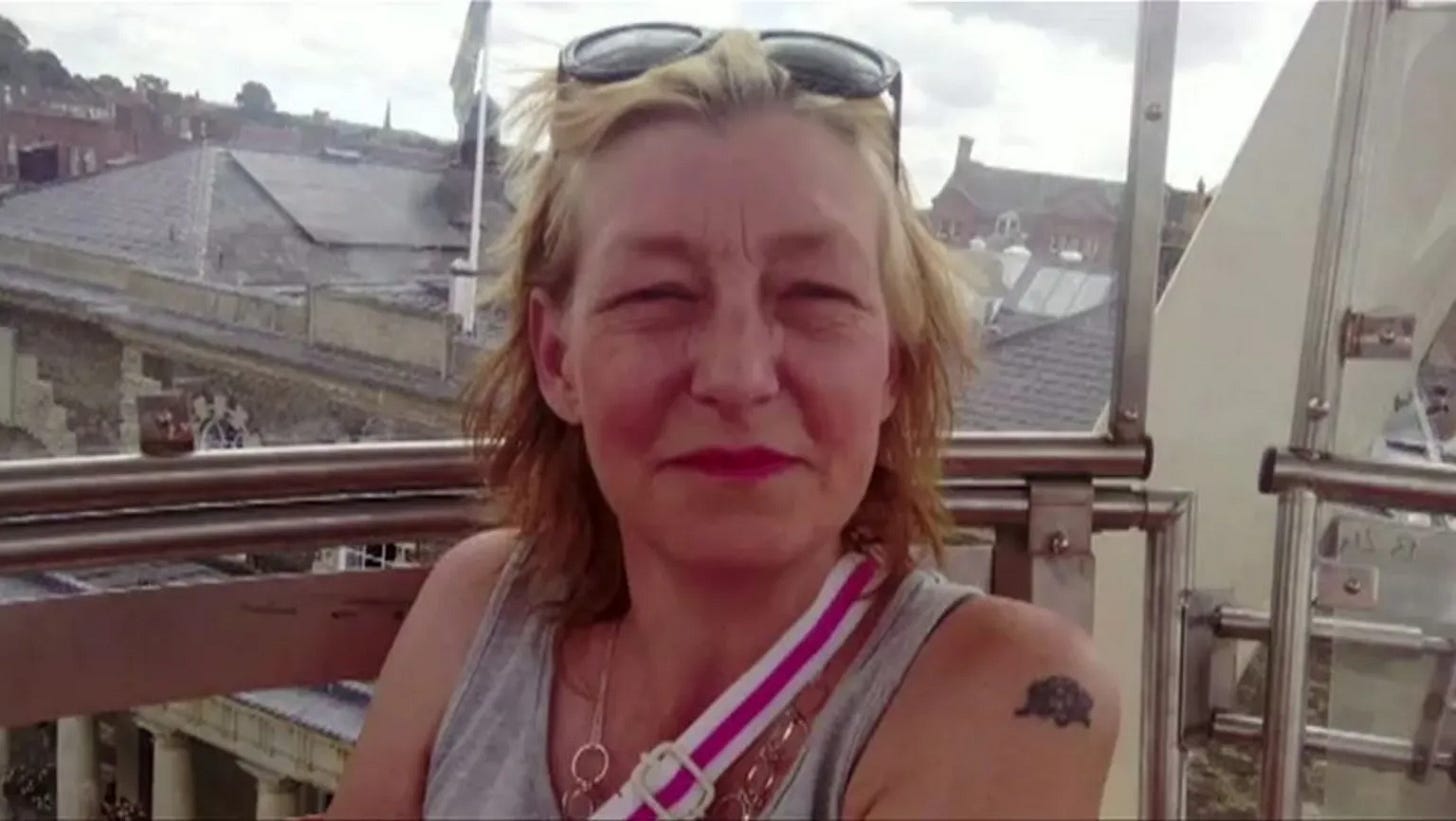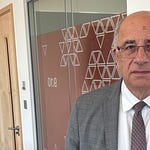Dawn Sturgess was fatally poisoned in 2018 after spraying herself with what she believed to be perfume. In fact, it was the military-grade nerve agent Novichok. It’s believed that the perfume bottle had been thrown away by Russian agents who had used it in an unsuccessful attempt to murder the former Russian intelligence officer Sergei Skripal and his daughter Yulia earlier in the year.
An unexpected death must be referred to the coroner and in circumstances such as this there would normally be an inquest. But Baroness Hallett, who had been appointed to conduct this inquest, advised the government to convert it into a public inquiry.
She told the home secretary in 2021:
A statutory inquiry would permit me to allow some evidence to be heard in closed session from which members of the public and core participants may be excluded. Although such a closed hearing would, in usual circumstances, be undesirable, the national security concerns in this case mean that the sensitive evidence is likely only be able to be examined and tested in a closed hearing, or not at all.

Lord Hughes of Ombersley, a former justice of the Supreme Court, was appointed to chair the Dawn Sturgess inquiry after Hallett was asked to conduct the public inquiry into Covid-19. Baroness May, who was prime minister at the time of the poisoning, told a BBC podcast last week she hoped Sturgess’s family would “take some comfort” from the proceedings.
When Hughes opens the inquiry into Sturgess’s death in Salisbury this morning, a great deal of information will remain secret on grounds of national security. But there’s one fact that I can disclose today. Witnesses and families will be helped by the Coroners’ Courts Support Service, an independent voluntary organisation that provides much-needed emotional support and practical assistance to bereaved families, witnesses and others attending inquests.
The support service was launched in 2003 and now has 375 fully-trained volunteers working in 44 of the 77 coronial areas in England and Wales. It has assisted at several recent public inquiries, including the current Thirlwall inquiry set up after the murders committed or attempted by Lucy Letby. At yet it is struggling the raise the funds it needs for its running costs.
For the latest episode of my podcast A Lawyer Talks, I went to see Roey Burden OBE, the founder and driving force behind the Coroners’ Courts Support Service. We discussed the challenges facing not just witnesses and bereaved families, who never imagined they would be called to attend an inquest, but also coroners, whose jurisdiction has been largely unreformed for 800 years.
To listen to this episode, click on the ► symbol above.












